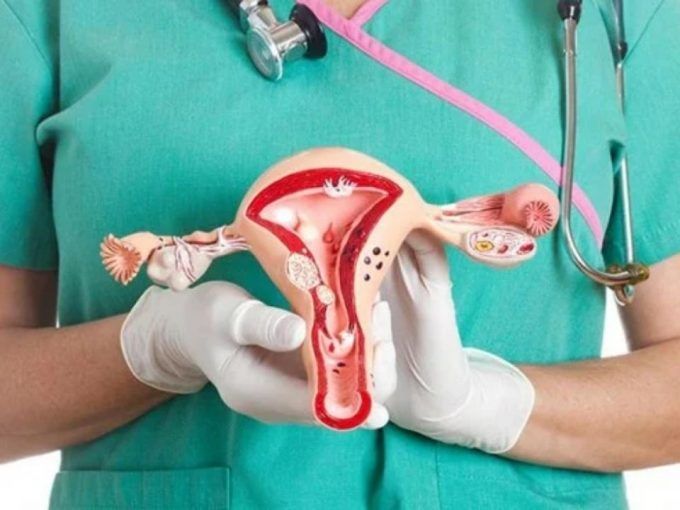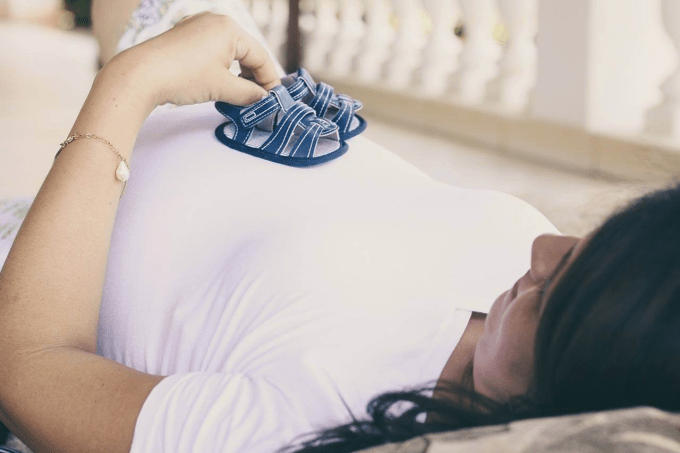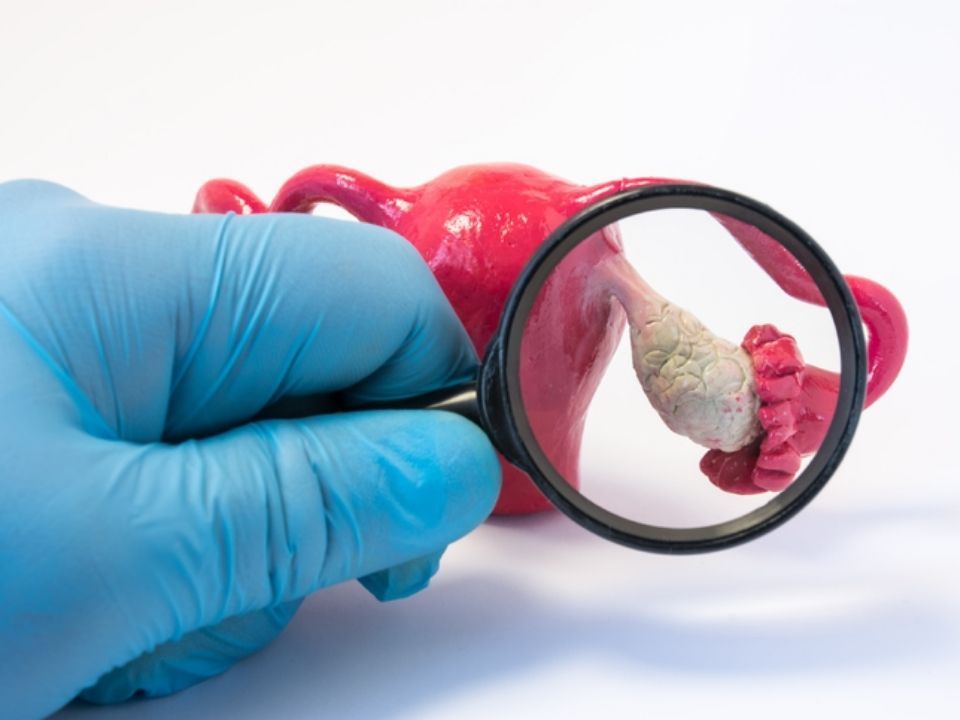To find out what your ovarian reserve is, it is important that you see a specialist doctor, who will carry out various clinical studies such as a vaginal ultrasound or certain hormone tests to determine the level and quality of your eggs so that they can draw up a personalized plan so that you can have your baby.
Here, we tell you more about your ovarian reserve and how it affects your fertility.
Ovarian reserve and how it relates to your fertility
Ovarian reserve is the number of eggs available in each ovary for a woman’s reproductive life, as each woman is born with a limited supply of eggs.
When a woman is born she has between 1 and 2 million eggs, but this number decreases as she gets older. By the time she reaches puberty, she will have 300-500,000 eggs, which the ovary will administer in each monthly cycle of her reproductive life until she reaches menopause.
The period of greatest fertility and the time when there is a greater ovarian reserve occurs between the ages of 16 and 30; however, there is still a good quantity and quality of eggs between the ages of 31 and 34, ages in which (if there is no diagnosis or infertility problem detected) the chances of achieving a pregnancy are much higher.
From the age of 35 onwards, there is a significant decrease in the ovarian reserve of each woman, and above the age of 40, both the quantity and quality of the eggs will have a much more considerable reduction, until menopause, which in Mexican women usually occurs at 48 years of age, on average.
Ovarian reserve and infertility
Infertility, the inability to achieve pregnancy after a year of unprotected sex, is a common problem that affects more than 180 million people worldwide, according to figures from the World Health Organization (WHO).
Now, although there are a range of different causes and situations related to infertility, low ovarian reserve in women is one of the most common factors that can affect their ability to have a baby.
Low ovarian reserve beyond age
Although your age directly influences your ovarian reserve, this is not the only reason why it can be affected, there are other factors that can also influence your reserve and reduce it:
- Smoking
- Genetic problems
- Immunological problems
- Cancer treatments such as radiotherapy and chemotherapy
- Endometriosis
A woman who has a low ovarian reserve at age 28 due to a diagnosis of endometriosis may have the same amount as a woman in her 40s, and face problems conceiving.

Symptoms of low ovarian reserve
There are some symptoms that can tell you if you are having problems with your ovarian reserve or if your ovarian reserve has decreased, such as shorter or irregular menstrual cycles and the absence of cervical mucus.
However, when the decline is linked to premature ovarian failure, the symptoms may be similar to those presented during menopause such as:
- Amenorrhoea or absence of menstruation
- Hot flashes
- Night sweats
- Insomnia
- Vaginal dryness
- Decreased libido
- Pain during sexual intercourse
- Irritability and frequent mood swings
- Thyroid problems
If you are experiencing one or more of the above symptoms, or if you think you may be experiencing problems with your ovarian reserve, the recommendation is to see a reproductive doctor (particularly if you are looking to have a baby) who will accurately determine both your ovarian reserve and the best way for you to become a mother.

Your menstrual cycle can tell you about your ovarian reserve
Although the recommendation is that, if you have any doubts about your fertility and ovarian reserve, you should see a specialist doctor; your menstrual cycle may give you signs that there may be a problem.
When your menstrual cycles are 21 to 35 days apart, lasting between 2 and 7 days, and your bleeding averages 20 to 80 ml (you can measure this by using two to five pads per day), it is possible to speak of normal cycles. Any alteration in these characteristics could indicate a disturbance that is affecting your ovarian reserve.
How is the ovarian reserve measured?
To measure your ovarian reserve, a medical specialist will perform a physical examination and analyse your medical history, as well as measure your follicle stimulating hormone (FSH) and oestradiol levels on the 3rd day of your menstrual cycle.
She is also likely to perform a transvaginal ultrasound, a simple and painless process to determine the number of eggs present in your ovaries.
A normal egg count is between 15 and 20 eggs, while an egg count of less than 6 eggs is indicative of insufficient ovarian reserve.
How to become a mother despite a low ovarian reserve?
If you are undergoing a diagnosis of low ovarian reserve and wish to have a baby, you should know that it is possible to achieve it; and there are different assisted reproduction alternatives such as In Vitro Fertilization, which must consider a process of ovarian stimulation.
After your stimulation, your eggs will have to be extracted by means of an egg retrieval, in order to obtain as many of them as possible, and hoping that their quality is adequate. However, if you do not have viable eggs, one option is to resort to egg retrieval. You and your specialist may want to consider this option to increase your chances of conceiving.
If you have further questions about your ovarian reserve or any other fertility-related issues, you can go directly to a reproductive biology doctor who will give you a complete evaluation and options to give you the best chance of having your baby.

